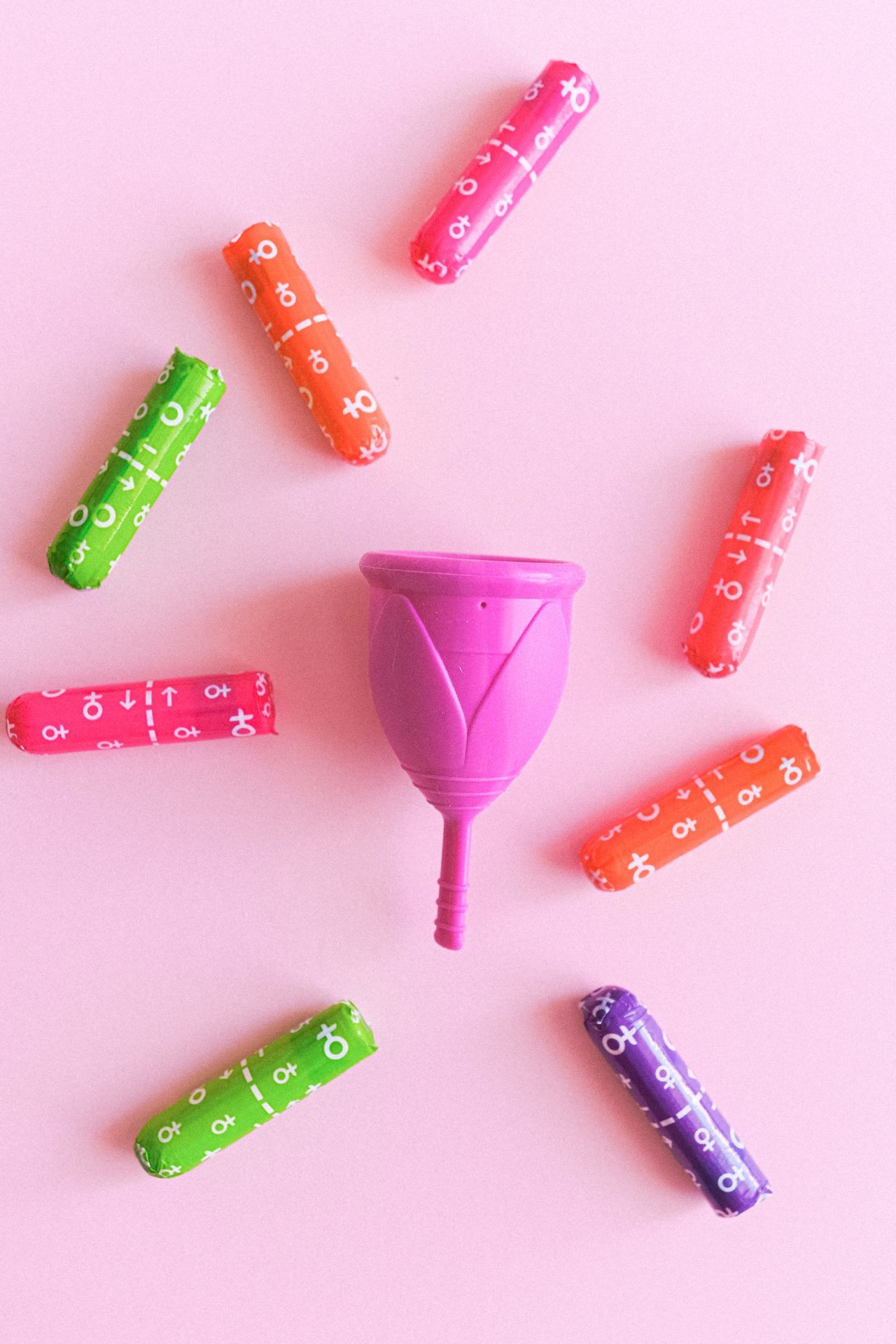Written by Amy Beecham
New research says women lose around five months of sleep due to their period over their lifetime – so why aren’t we talking about it more?
Despite experiencing pain, insomnia, mood changes and heavy bleeding, a new survey by menstrual brand Bodyform has found that millions of women and people that menstruate never discuss their periods with their partner.
In a poll of 1,500 women and people who have a monthly cycle, 33% of those in a relationship said that they kept the true impact it had on their daily lives secret from their other half.
More than one in five admitted to hiding and washing stained sheets without their partner knowing, as they felt ashamed of any leaks. 35% said that they were simply too embarrassed to let their partner in on their worries about their cycle.
As anyone who has ever walked to the bathroom in public with a tampon hidden in their sleeve will know, it’s never been easy to break the stigma around menstruation.
From the moment we’re taught about our cycles in schools, we’re separated by gender, firmly cementing the idea that what happens to women’s bodies is something to be discussed in private.
However, as period poverty grows in the UK, with a third of girls and young women unable to afford menstrual hygiene products amid the cost of living crisis, it’s more essential than ever that we are allowed to be open about the struggles we face.

As part of its new campaign around period insomnia, Bodyform also identified the period sleep gap. Despite a good night’s sleep being fundamental to health and wellbeing, both physically and mentally, 62% said they have poorer sleep while on their period.
Shockingly, women and people who menstruate lose around five months of sleep due to their period over their lifetime.
“As with any other body function, we need perfect balance in our hormone production to sleep well,” Dr Rocio Salas-Whalen, an endocrinologist and medical director at the hormone tracking app, Hormona, previously told Stylist.
“Research shows that in the luteal phase, women experience increased sleep onset [trouble falling asleep] and awakenings, as well as lower sleep efficiency and quality compared to the follicular phase.”
“The shame and stigma that permeates the experience of having your period in the day doesn’t go away at night. If anything, it’s intensified,” Bodyform says. “This means that many of us go to great lengths to manage our periods before we go to sleep, and throughout the night.”
“We are on a mission to change this by shining a light on the range of realities that women+ experience at night when they are on their period – allowing women+ to feel better represented, united and more comfortable with who they are and the experience they go through.”
Images: Getty
Source: Read Full Article
